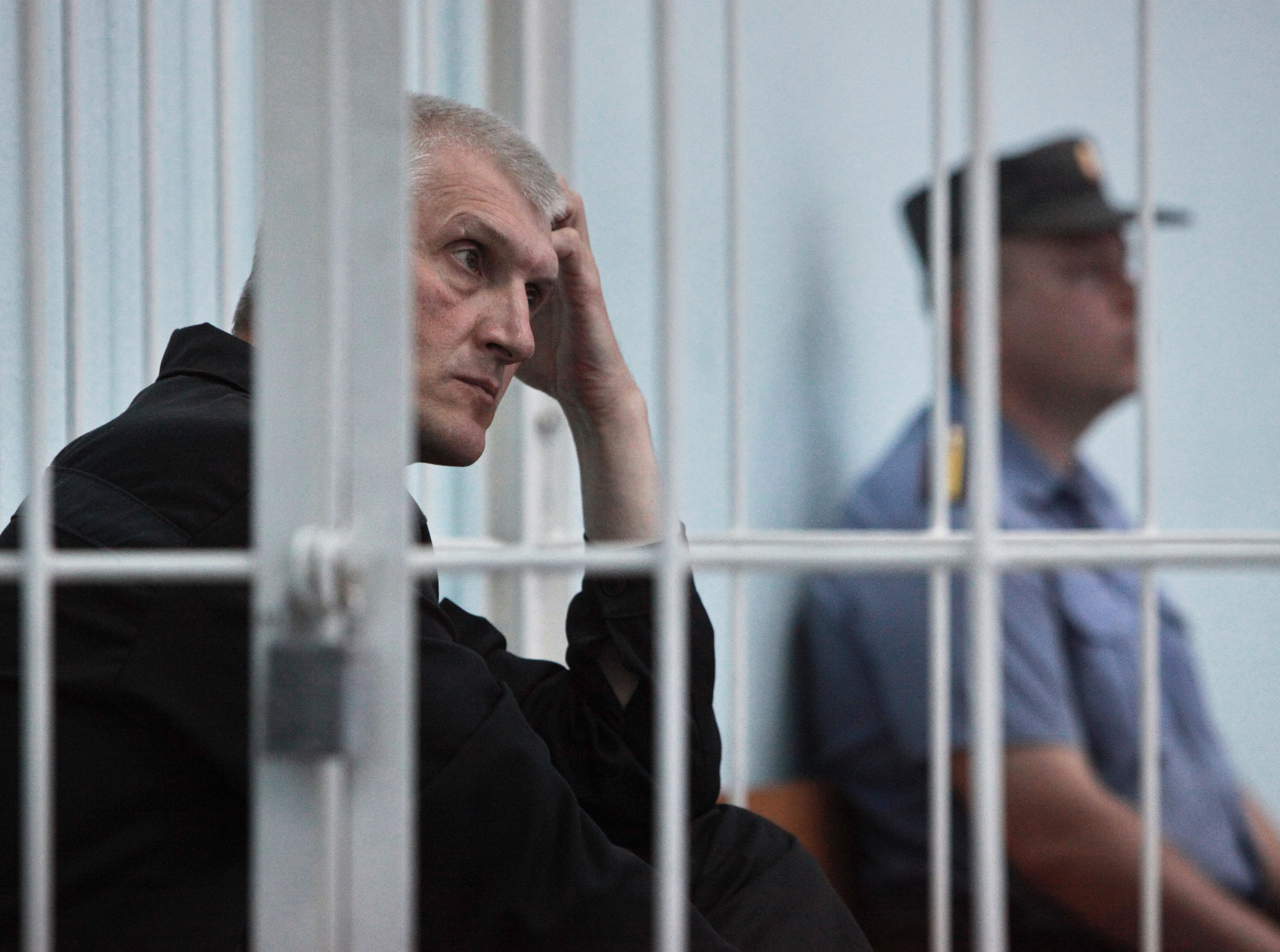ST. PETERSBURG, March 2 - RAPSI. The Constitutional Court recognized validity of Article 175 of the Penal Execution Code which was challenged by former Menatep head Platon Lebedev, last November a source in the judicial circles told RIA Novosti on Friday.
Lebedev, alongside his partner Mikhail Khodorkovsky was convicted of oil theft and money laundering.
In his appeal Lebedev stated that courts denied him parole on the grounds that he had not repented or repaid financial damages while the Penal Execution Code reads that the convict may be granted a parole if he repented his crime and repaid the damage partially or in full.
Meanwhile, Lebedev noted in his appeal that the judges are interpreting the law incorrectly as the code says nothing about denying a prisoner's parole if he has not repented or repaid damages.
In 2005, Mikhail Khodorkovsky and Platon Lebedev were sentenced to eight years in prison for fraud and tax evasion. In late 2010, a Moscow district court sentenced them to 14 years in prison for oil theft and money laundering. They were expected to be released in 2017, taking into account the time they had already served for their convictions from their first trial in 2005. However, on May 24, the Moscow City Court reduced their sentences by one year. They now may be released in 2016.
The YUKOS case has been one of the most high profile in Russia in recent years. In the early 2000s, the authorities accused the executives of YUKOS, then the country's largest oil company, of economic crimes. YUKOS then went bankrupt while its assets were transferred to Rosneft. Many in the West believe the case was politically driven, but Moscow denies the charges.



